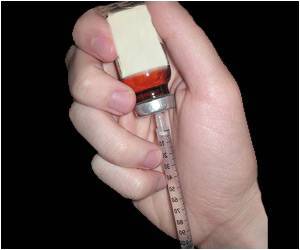Smokers who are willing to quit smoking gradually with the goal of quitting in the next 3-months benefited from nicotine addiction medication varenicline for 24 weeks compared with placebo.

The study findings suggest that at week 4, 47.1 percent of participants treated with varenicline reduced the number of cigarettes smoked per day compared with baseline by 50 percent or more or abstained completely compared with 31.1 percent of participants treated with placebo; after 8 weeks, 26.3 percent participants in the varenicline group reduced smoking by 75 percent or more from baseline or abstained compared with 15.1 percent participants in the placebo group. The varenicline group (n = 760) also had significantly higher continuous abstinence rates during weeks 15 through 24 than the placebo group (n = 750) (32.1 percent vs 6.9 percent) and during weeks 21 through 24 (37.8 percent vs 12.5 percent) and weeks 21 through 52 (27.0 percent vs 9.9 percent).
The authors write, "The U.S. Public Health Service and other guidelines recommend smokers set a quit date in the near future and quit abruptly. However, many smokers may be unwilling to commit to a quit date at a clinic visit. Because most clinicians are likely to see smokers at times when a quit date in the next month is not planned, the current study indicates that prescription of varenicline with a recommendation to reduce the number of cigarettes smoked per day with the eventual goal of quitting could be a useful therapeutic option for this population of smokers. The approach of reduction with the goal of quitting increases the options for a clinician caring for a smoker."
The study is published in JAMA.
Source-Medindia









